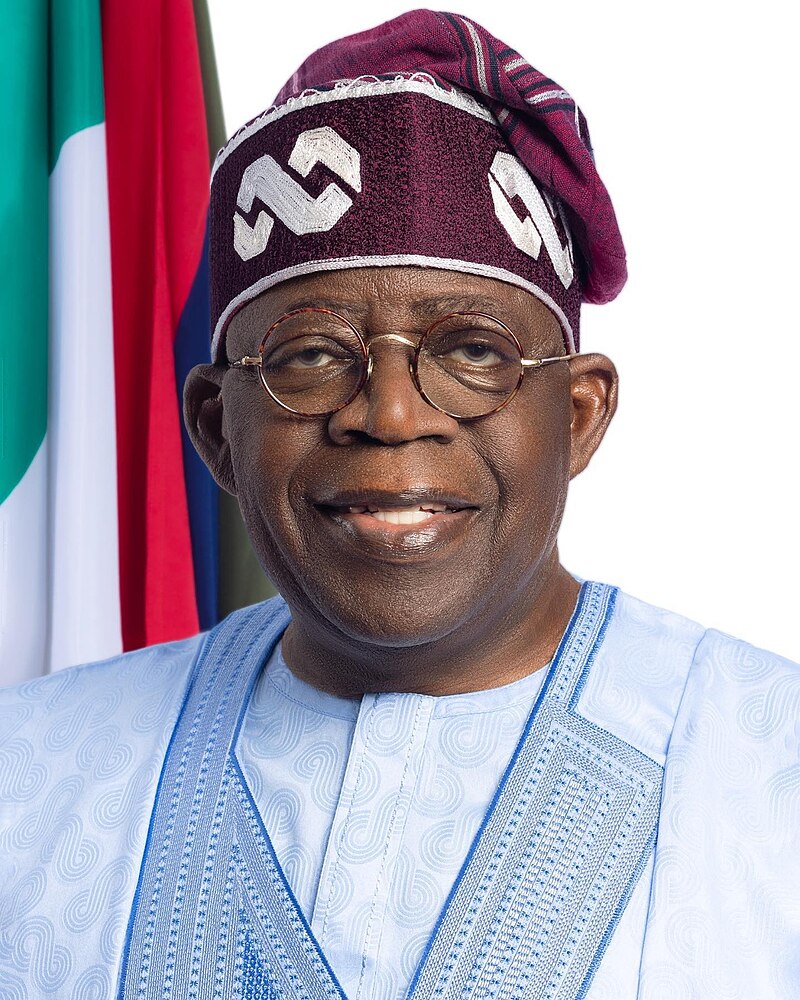President Bola Tinubu has just restructured his cabinet, countering various media predictions while introducing adjustments purportedly aimed at improving government efficiency. This reshuffle, anticipated before Tinubu’s two-week vacation, has seen the retention of several key figures who were rumored to be dismissed, including Chief of Staff Femi Gbajabiamila, Budget and Planning Minister Atiku Bagudu, Interior Minister Olubunmi Ojo, Defence Minister Badaru Abubakar, and Minister of State for Defence Bello Matawalle. Their continued roles indicate the President’s trust in them.
Despite prevailing rumors about the removal of 11 ministers and a significant reshuffle in leadership, the first notable change was the appointment of a new Chief Security Officer. The cabinet changes included the dismissal of five ministers: Uju-Ken Ohanenye (Women Affairs), Lola Ade-John (Tourism), Tahir Mamman (Education), Abdullahi Gwarzo (State, Housing and Urban Development), and Jamila Ibrahim (Youth Development). Additionally, seven new ministers were named, and ten were reassigned, with key economic figures like Finance Minister Wale Edun and Budget Minister Bagudu remaining in their posts.
Femi Gbajabiamila’s retention as Chief of Staff comes despite speculation about his potential replacement. His ability to withstand media scrutiny, along with support from the President, has solidified his position. Similarly, Wale Edun and others faced ungrounded rumors about their removal, according to a senior source in the presidency, who stated, “The earlier speculation about Wale Edun’s replacement with tax reform committee chairman, Taiwo Oyedele was particularly unfounded, including the suggestion that the President planned to remove the interior minister who has gotten good appraisals everywhere and the biggest joke was the speculation that the President contemplated removing his Chief of Staff, except for those who do not know the premium the President places on Gbaja not to talk of their longstanding ties.”
A notable aspect of the reshuffle is the appointment of Bianca Odumegu-Ojukwu as Minister of State for Foreign Affairs, which is seen as a step toward national unity and recognition of the South-East region. However, the introduction of a new Ministry of Livestock Development has drawn criticism from fiscal analysts, who argue that it contradicts the government’s pledge to cut governance costs during a time of economic hardship for many Nigerians.
The dissolution of the Ministries of Sports and Tourism has generally been met with approval as a cost-saving measure, with the management of sports transferred to the National Sports Commission for potentially better efficiency. Yet, many Nigerians continue to struggle with soaring inflation and living costs. Economist Dr. Aminat Yusuf noted that while the cabinet changes are commendable, the pressing issue remains the rising prices of essential goods, which have increased by up to 200% in some cases, significantly straining household budgets.
Analysts stress that while structural changes are important, immediate solutions are needed to address the economic difficulties faced by the populace. The Nigeria Labour Congress emphasized that the success of the cabinet reshuffle will ultimately hinge on its impact on the living standards of ordinary Nigerians. President Tinubu urged appointees to prioritize the administration’s objectives, underscoring the urgency to guide Nigeria towards sustainable growth. As inflation remains high and economic pressures mount, the focus now shifts to how effectively the restructured cabinet can alleviate the cost of living crisis.

